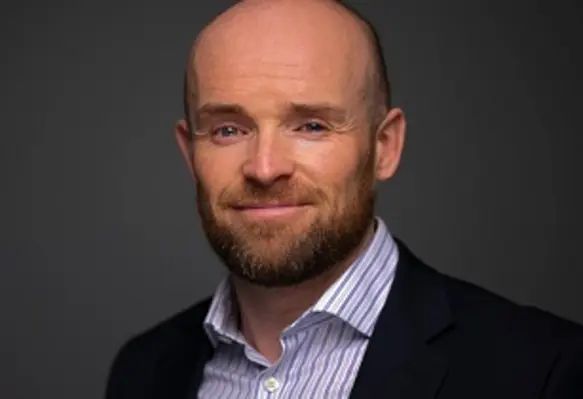In an exclusive interview with Oil Review Middle East (ORME), Shaun Dewar, senior vice president for operations, Middle East & Africa, Wood, explains how Wood stays ahead of the curve with its training and development programmes
Investing in the training and development of young talent is crucial for the sustainable growth and success of the oil and gas industry. By nurturing a skilled and agile workforce, companies can not only navigate the complexities of the evolving market but also lead the way in embracing cleaner and more sustainable practices.
ORME:
As the oil and gas industry evolves in the Middle East, how does your company ensure that its training and development programmes stay ahead of the curve, preparing employees for emerging challenges and opportunities?
Dewar:
At Wood, we regularly assess the skills and knowledge within the business and identify areas where our employees need further development, which helps inform our training programmes. Across our Middle East operations, we have developed technical engineering programmes specifically tailored for existing employees and fresh graduates. This programme encompasses a range of discipline workshops, presentations, and hands on training, which have proven effective in equipping our people with a comprehensive understanding of their respective fields.
ORME:
With sustainability and renewable energy gaining traction globally, how does your company incorporate training for sustainable practices and technologies into the development plans for employees in the Middle East?
Dewar:
We are committed to further strengthening our position as a responsible organisation, while striving to achieve ambitious sustainability goals. We have incorporated educational programmes to ensure our employees are equipped with the knowledge necessary to contribute to a greener future. One of the programmes we provide globally is our Energy Transition Academy which offers technical learning around emerging energy transition solutions such as hydrogen and carbon capture and storage (CCS).
To further foster a culture of sustainability within the business, we consistently encourage knowledge-sharing and collaboration. Through internal forums, online platforms, and communities, our employees are encouraged to exchange ideas, share best practices, and learn from each other's experiences.
ORME:
Could you share some examples of successful cases where Wood's investment in training and development has resulted in skilled local experts who have made significant contributions to the company's projects in Iraq?
Dewar:
In Iraq, we implemented a comprehensive training and development programme designed to transfer engineering knowledge and expertise for our Iraqi employees who work on client projects. Originally launched in 2017 for a two-year period, the development programme encompassed a diverse range of engineering training modules delivered in a classroom-style environment. These modules were complemented by practical assignments carried out on a portfolio of brownfield projects. Following active engagement with various external stakeholders and a subsequent evaluation of the existing programme, all participating companies unanimously decided to adopt a "fully integrated team" approach to learning and development.
Under the revamped development programme, our engineers who support Iraqi clients have relocated to our office in Basrah. This relocation facilitates collaboration among engineering teams, fostering the development of competencies in engineering. We also offer placement programmes that provide our employees in Iraq the opportunity to relocate to regional offices for a designated period. This experience allows them to enhance their skills, broaden their horizons, and gain valuable insights into different markets.
Read the full interview in the current issue of Oil Review Middle East, page 22.










